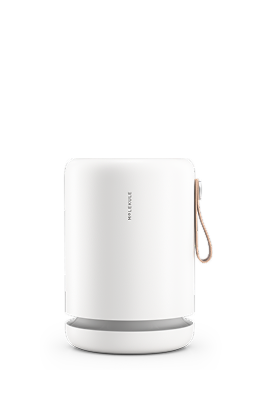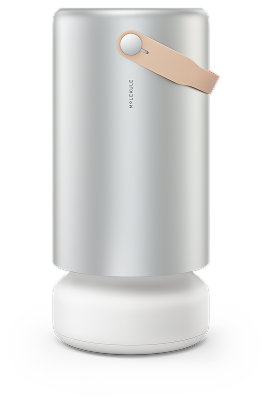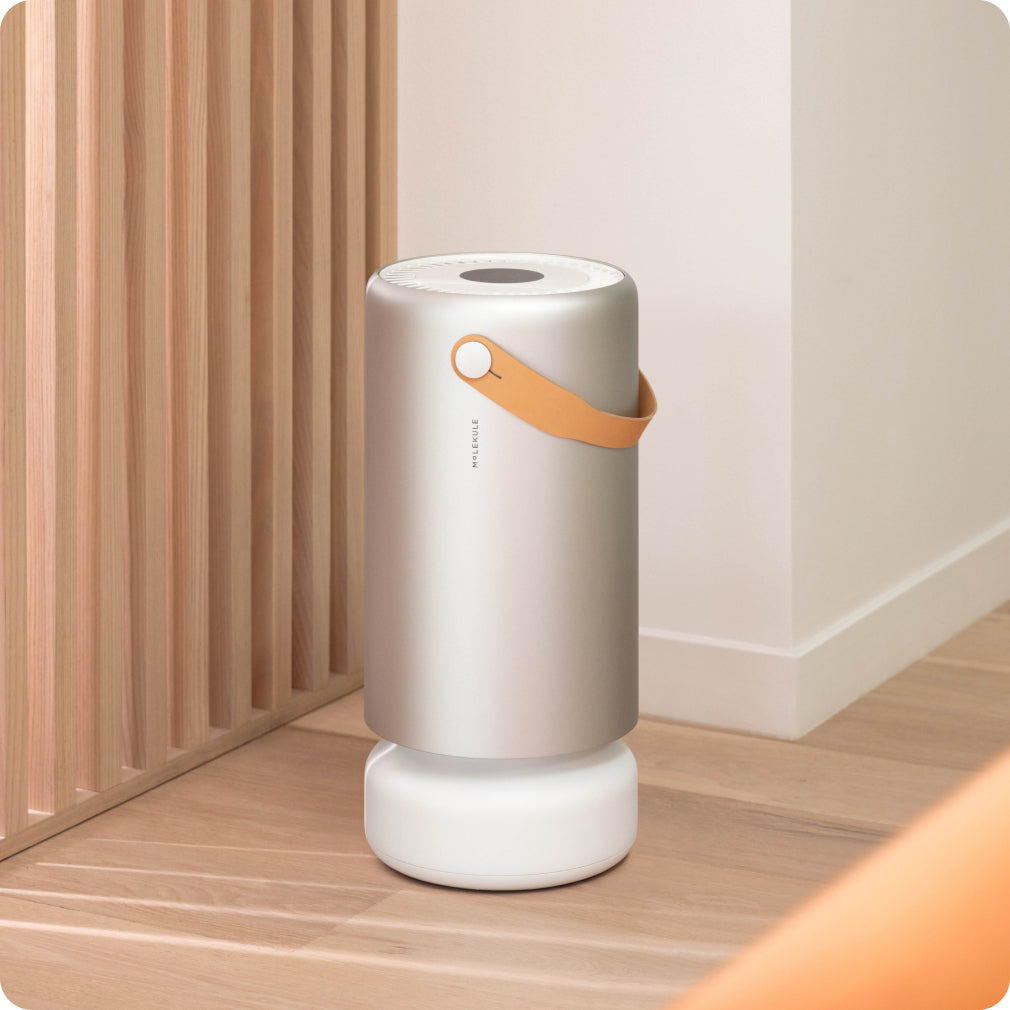Wintertime in the Northern hemisphere can often require more of us than other seasons. We need to stay warm, participate in festive events, and fight off the inevitable waves of viruses that result from close quarters and noses running in the cold dry air. One way to consider how to keep healthy during the winter season is to stock up on the nutrients and other resources that are used up surviving the holiday season. Let’s take a close look at some winter wellness tips on how to stay stocked.

What you are missing from the sun
One big change by the end of October is that we are all exposed to less sunlight, due to both shorter days and the cold weather pushing us indoors. Our cells can absorb the sun’s energy to power some important processes and it can just make our brains work better. Without sun, we are missing out on several important things.
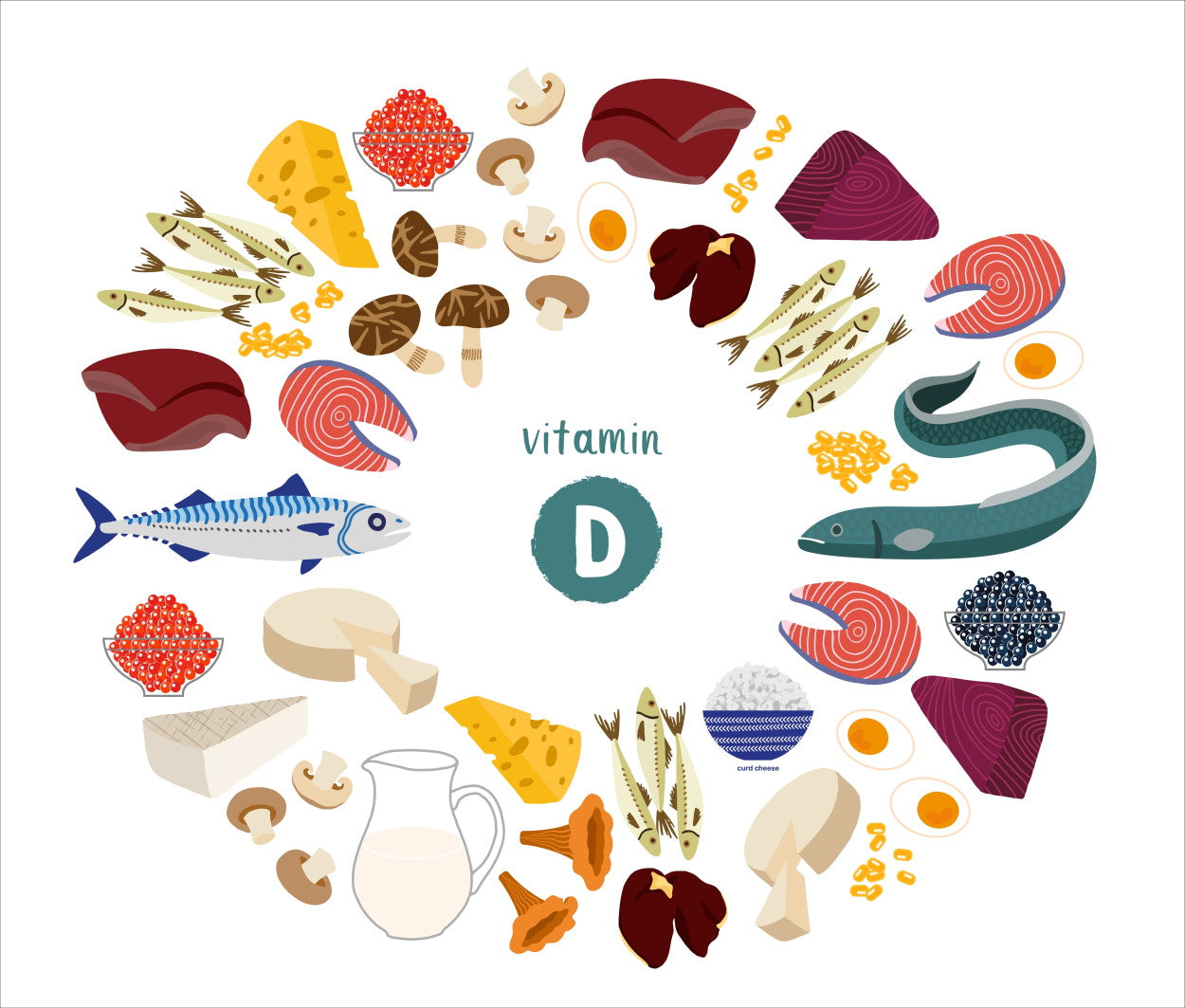
-
Vitamin D is produced by our cells when they absorb UV light from the sun and helps to regulate calcium and phosphorus, which are vital in many bodily systems including bone and immune health.
- How to get it back. Only about 15 minutes of sun a few times a week is how much sunlight you need to get Vitamin D, if you are fortunate enough to have access to any sunny spots during the winter months. Tanning beds don’t help to produce Vitamin D, but eating foods like fish and dairy products or taking supplements can help us get the 600 IUs of Vitamin D that is recommended by the National Institutes of Health.

-
Serotonin is thought to be deficient in people who are afflicted with seasonal affective disorder (SAD), which is a type of depression that occurs with the lower light levels during winter months.
- How to get it back. It’s not quite clear if SAD is related to lower serotonin, excess melatonin, or a Vitamin D deficiency, but it can be actively helped by shining bright light into the eyes for 30 to 45 minutes a day, regular therapy, or medication. Serotonin can also be managed with general stress management techniques like mindfulness, meditation, exercise, or just spending time with friends.

-
Infrared light is newer in the research as a vital ingredient in sunlight that is absorbed by our cells. Without it our bodies can’t recover from injury or scarring as well, and it’s been shown to be more effective than bright visible light in treating SAD.
- How to get it back. Infrared light therapy devices that can be used at home are becoming more popular to meet this need, but the best infrared light therapy will be found at the doctor’s office.
What the flu takes from you
When your body fights off the flu, it has to spend energy and use stored proteins, vitamins and other nutrients to make antibodies and new immune cells. That energy and protein can’t be restored from food as quickly as it is expended during an influenza invasion, which is why we feel tired and fatigued when sick. Here are some of the nutrients that need to be replaced after we get sick:

- Vitamin C is vital in the immune response, and has been touted as a way to keep healthy for many decades. Studies have now shown that Vitamin C is depleted during infections and with less of it the immune system doesn’t function well. It’s also a powerful antioxidant that is used to neutralize free radicals from smoke pollution or other sources.
-
- How to get it back. Vitamin C supplements can work to get the 90 mg recommended for men or the 75 mg recommended for women, but eating fruits and vegetables every day can keep your system supplied. Smokers should increase this amount by at least 35 mg to account for the Vitamin C used to neutralize the free radicals in cigarette smoke.

-
Zinc is a metal that our body uses in its immune response to kill or neutralize invading pathogens that also gets used up as we fight infections.
- How to get it back. We can replace zinc by eating fish, poultry, and other meats. Men need about 11 mg a day and women need 8 mg. Legumes and whole grains have zinc but it is harder for the body to absorb than from animal sources, so more may be required.
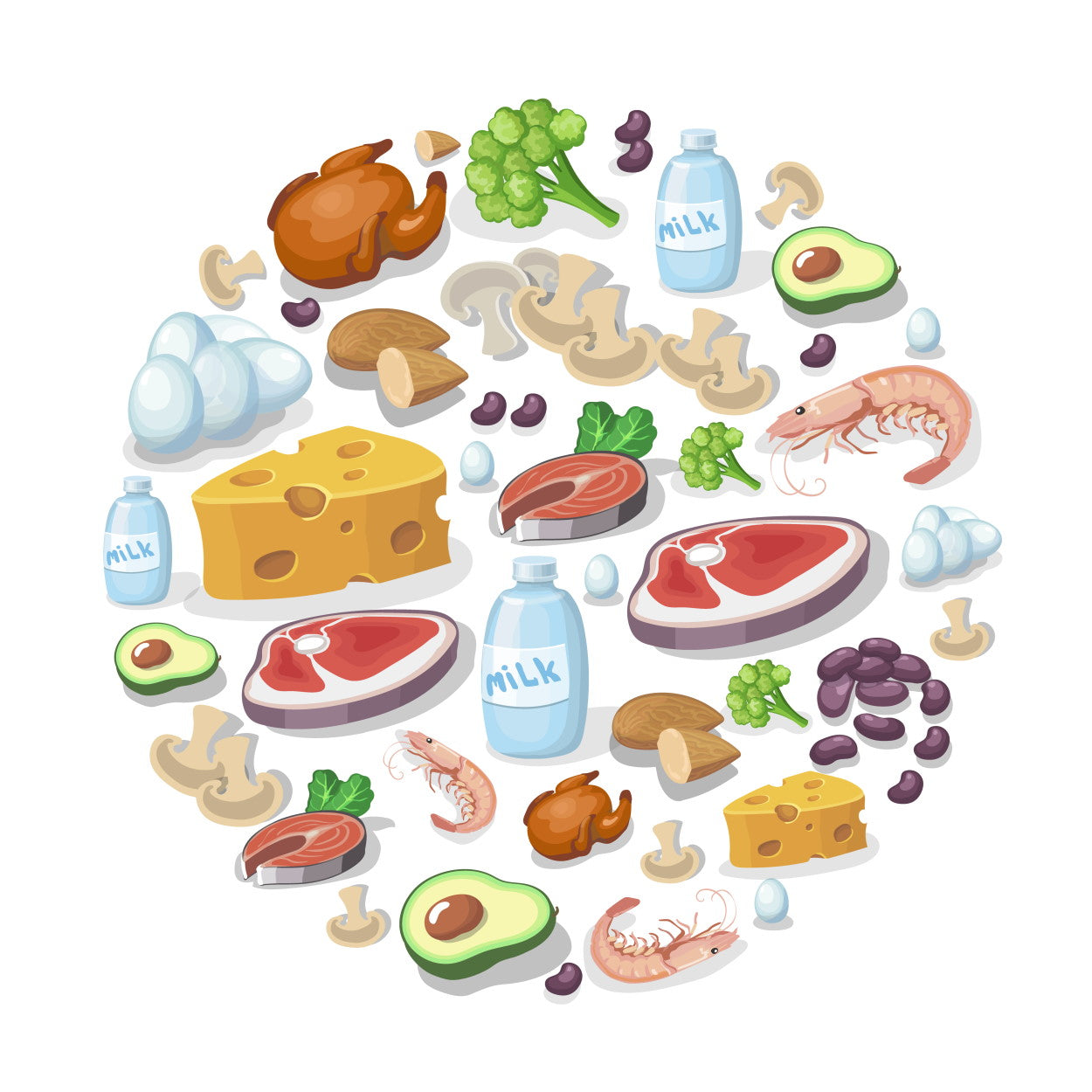
-
Protein is used to make antibodies, enzymes, and give cells their structure. Your stores of protein are depleted when you fight off infections and need to be replaced. At least one study pointed to the amino acid arginine as the best way to restore protein for the immune system.
- How to get it back. Eating protein-rich foods is the obvious method because your body can make plenty of arginine or other protein precursors when supplied with protein rich foods like meats, dairy, nuts, seeds or whole grains. For a more certain impact, there are L-arginine supplements that may help with protein usage. Ask your doctor to be sure, but around 6 to as much as 30 grams of L-arginine a day can be used, though more than 10 grams at a time can cause stomach distress.
- Vitamin D, covered above, has been shown to help reduce flu duration and symptoms.
One bonus method to preserve your personal resources is to get the annual influenza vaccine, which is available to most of us through most healthcare plans. The US government even maintains a searchable map to find flu vaccines. While the vaccine isn’t total protection against the flu, people who get it are about half as likely to get infected and healthy adults are 82% less likely to end up in the hospital, which means more of the nutrients above will be available to fight other diseases.
Don’t forget the basics
There are sneakier ways that wintertime takes away what we use to stay healthy. Here are a few last nutrients to keep in mind.

-
Water may be the key to staying hydrated, but is still forgotten by many of us. Cold air is drier and can deplete hydration reserves quickly.
- How to get it back. There are actually two nutrients needed to rehydrate, water and electrolytes. Hydration can be found in any drink, even drinks with diuretics can help, neither moderate coffee consumption nor drinks with small amounts of alcohol (like beer) have been found to dehydrate because our bodies hold on to any essential water. Drinking pure water without electrolytes can cause problems, so be sure to consume fruits and vegetables before and during hydration. Sea salt (not processed table salt) is a handy source of electrolytes if nothing else is available. There are several types of electrolytes, but they all can be supplied from a good diet.

-
Iron is a nutrient that allows our blood to transport oxygen and without enough we can become anemic. A poor diet that is low in iron, B vitamins, and folate can lead to anemia.
- How to get it back. A diet rich in animal proteins can help to replace iron, but it’s also in grains, beans, lentils, nuts, and seeds. Men need about 9 mg of iron a day and women about 19 mg with more during pregnancy. If you are supplementing iron, remember that like all nutrients different forms may be harder or easier for your body to absorb. If you are anemic, ask your doctor to specify both the chemical compound amount and the elemental amount of iron you need, they will be listed on the supplement label separately.

-
Magnesium is an often overlooked nutrient that is very important for several different aspects of our health. Most Americans don’t get the recommended amount of magnesium in their diets, but for the most part our bodies are thought to conserve magnesium to avoid major health problems. There is likely more to the story, however, because while only 1 in 50 Americans has a magnesium deficiency, as many as 1 in 5 Americans in the hospital and more than half of the people in the ICU are magnesium deficient. Magnesium supplements studied in people who haven’t been diagnosed with deficiencies have found improvements in athletic performance, depressive symptoms, and many other health outcomes. It is usually depleted from a poor diet, excessive alcohol use, certain medications, or just genetics.
- How to get it back. The recommended daily intake of Magnesium is about 400 mg for men and 300 mg for women. It’s just as important to get the right type of magnesium to be sure it’s easily absorbed by your body. Look for magnesium liquids or supplements with magnesium citrate or chloride instead of solids like magnesium oxide or sulfate.
Don’t just make sure your nutrient levels are topped off, also be sure to do all the important healthy activities, like sleep, exercise, and time with friends and family. And also keep an eye on this blog for more healthy information.
